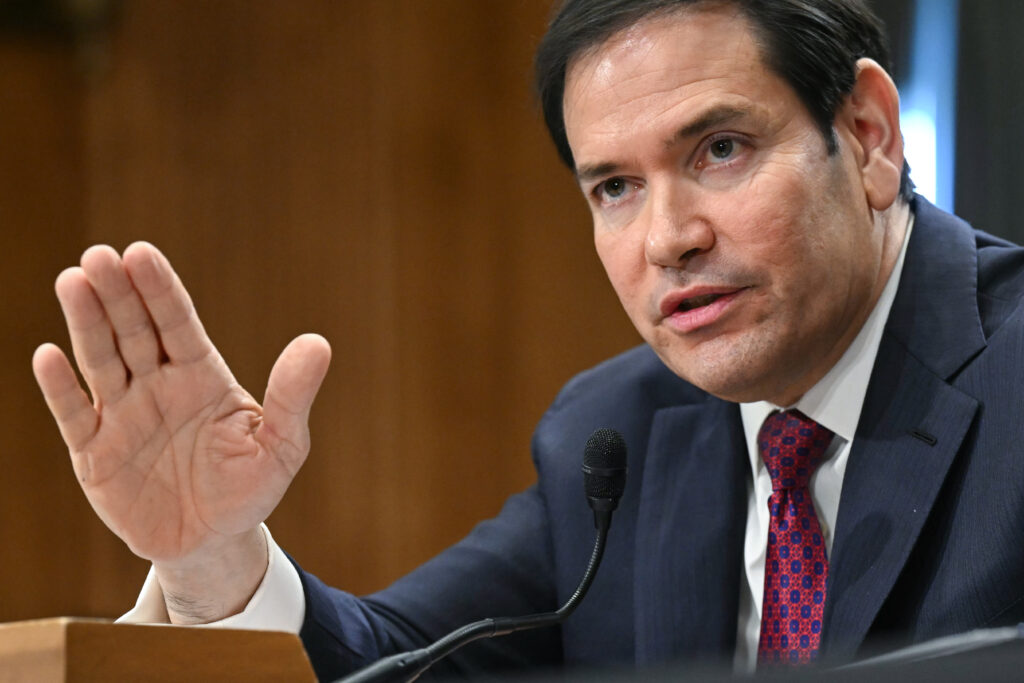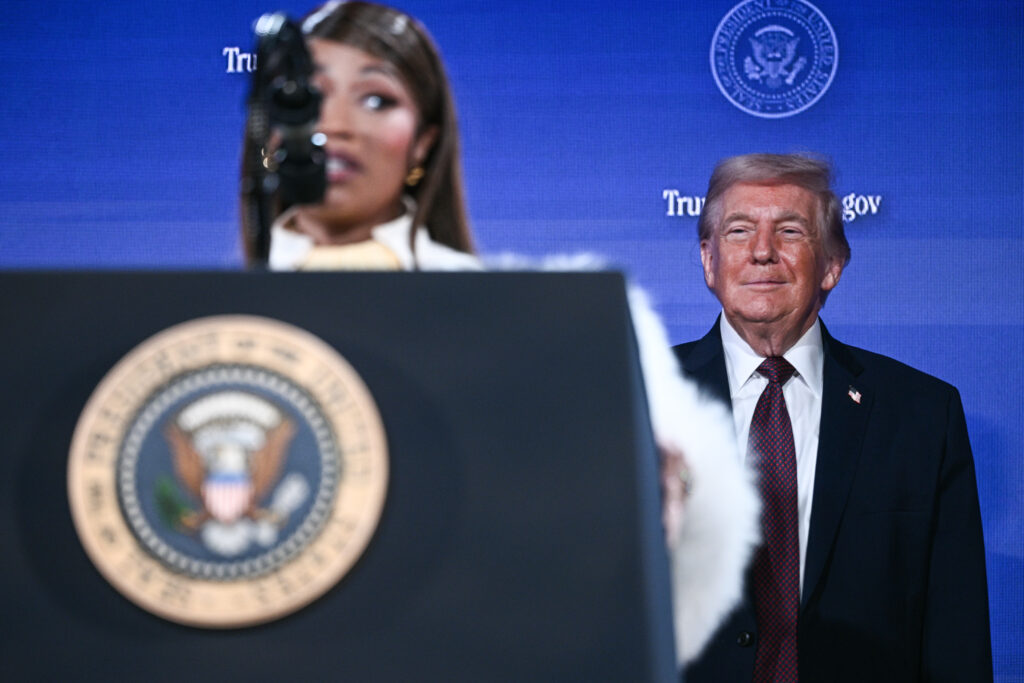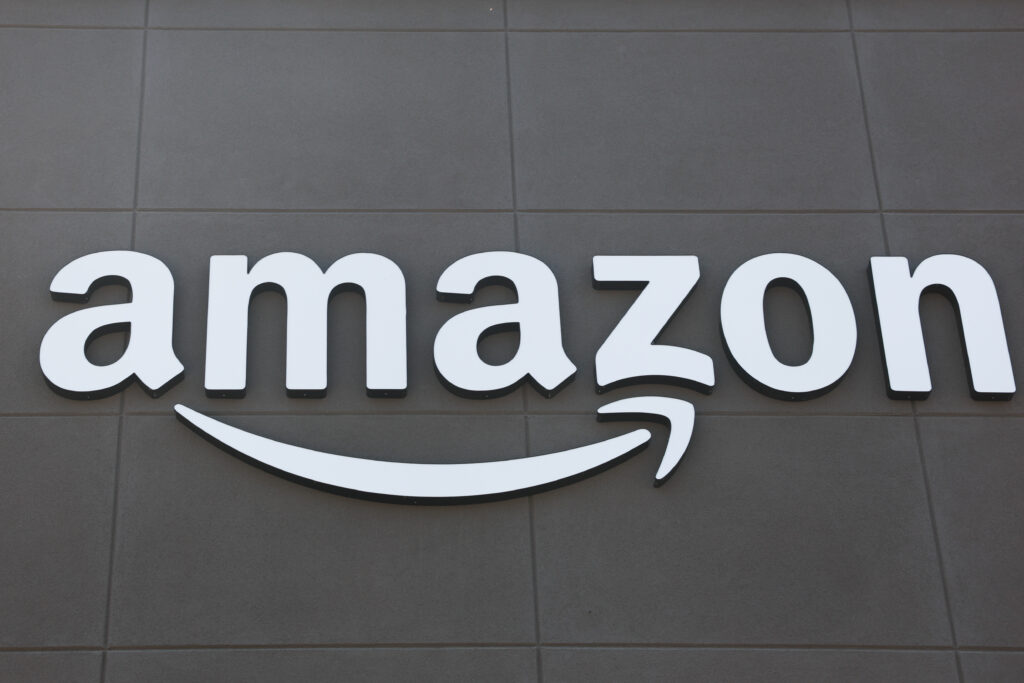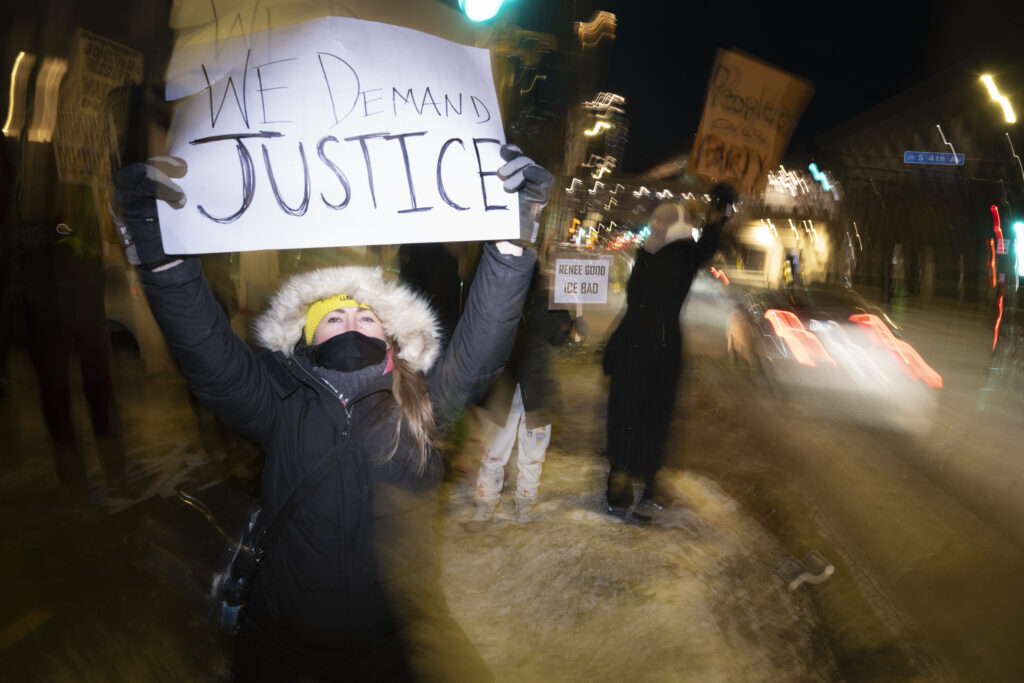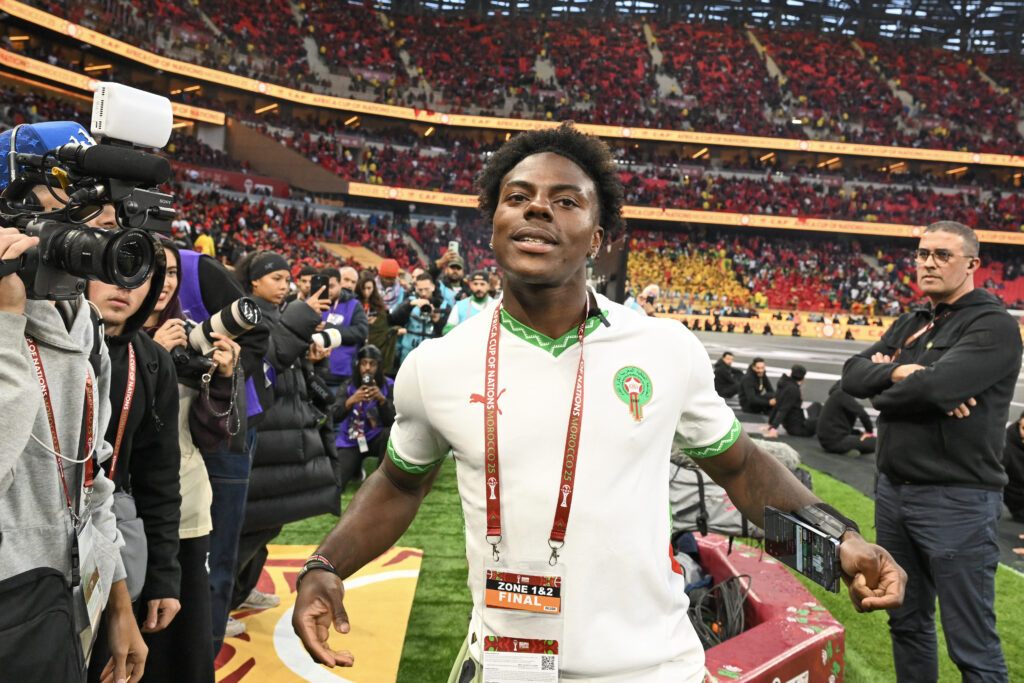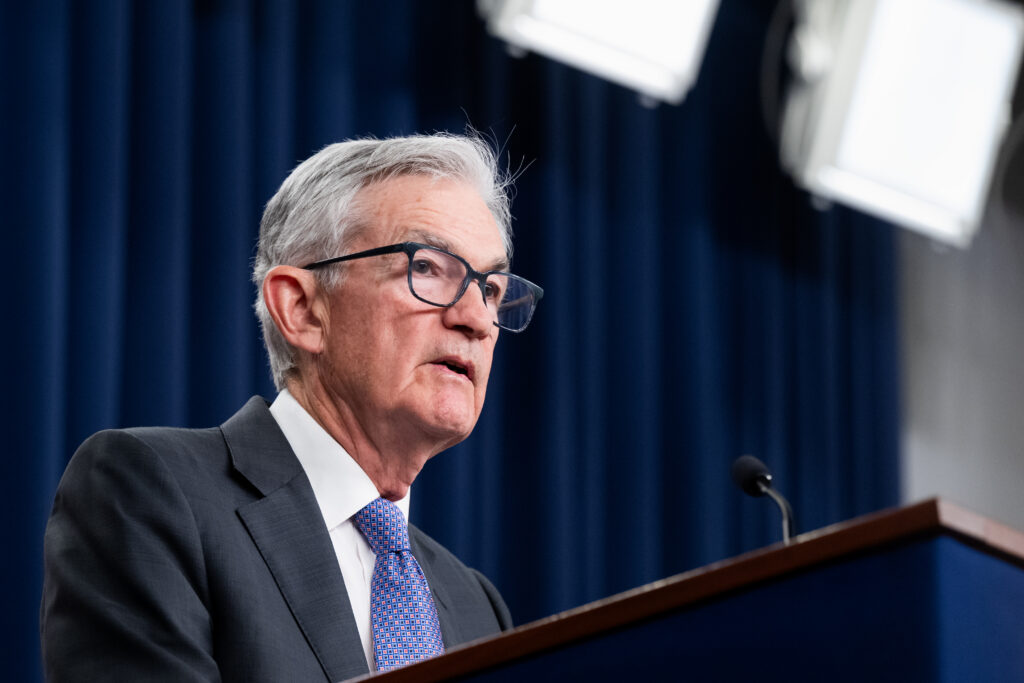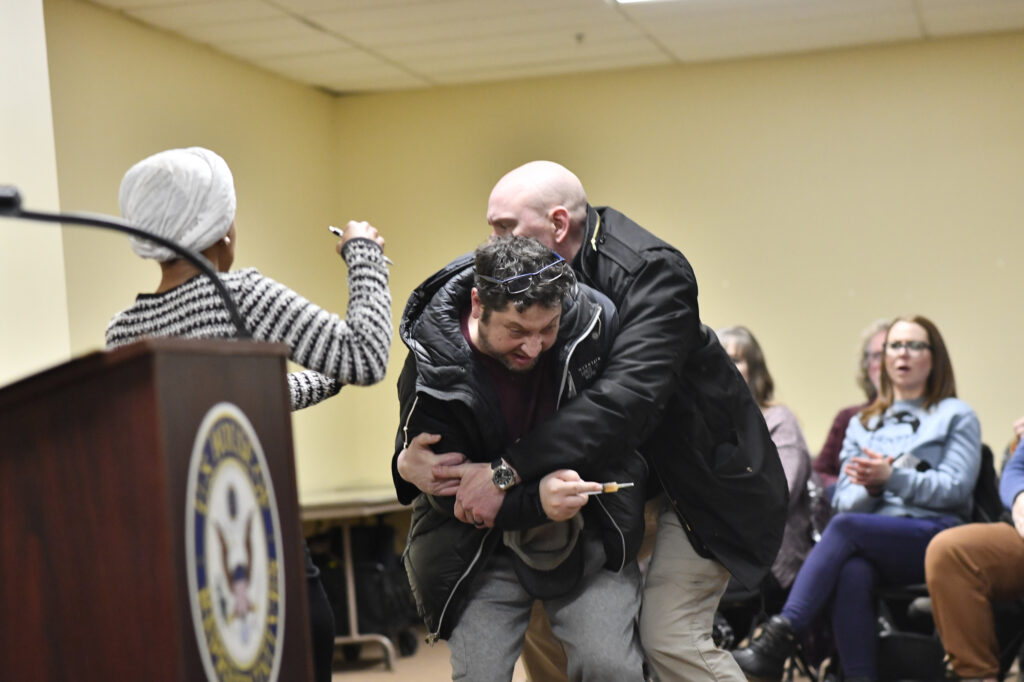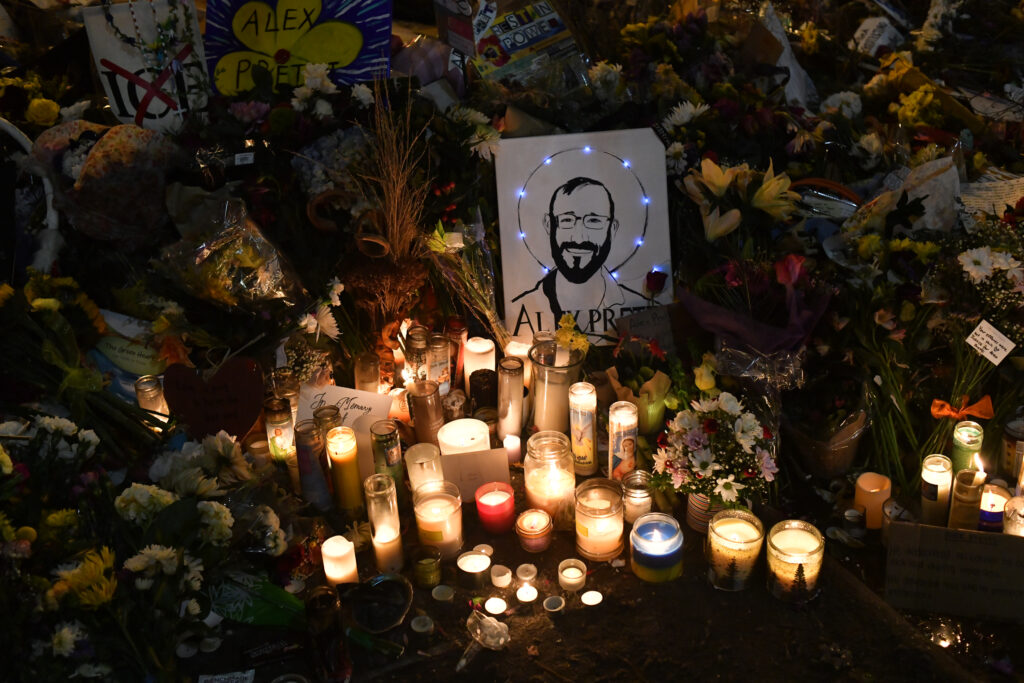Rubio upbeat on Venezuela cooperation but wields stick
Secretary of State Marco Rubio voiced hope Wednesday for cooperation with Venezuela after the US toppling of Nicolas Maduro and expected a reopening soon of the US embassy there, but brandished force if the interim leader is defiant.In prepared testimony for a Senate hearing, Rubio had written that Delcy Rodriguez, who was vice president and now acting president, “is well aware of the fate of Maduro.””Make no mistake, as the president has stated, we are prepared to use force to ensure maximum cooperation if other methods fail,” read the prepared testimony, referring to President Donald Trump.Asked about his prepared testimony during his appearance, Rubio took a more measured tone.”I can tell you right now with full certainty we are not postured to, nor do we intend or expect to, have to take any military action in Venezuela,” Rubio told the Senate Foreign Relations Committee.”The only military presence you’ll see in Venezuela is our Marine guards at an embassy,” he said.Trump has demanded that Venezuela, which has the world’s largest proven oil reserves, cooperate with US oil companies.The State Department last week named a senior diplomat, Laura Dogu, as top diplomat for Venezuela, and earlier sent a mission to assess the embassy in Caracas.”We think very quickly we’ll be able to open a US diplomatic presence on the ground,” Rubio told the Senate Foreign Relations Committee.The restored US mission “will allow us to have real-time information” and improve interaction with Venezuelan authorities as well as “members of civil society, the opposition,” Rubio said.The United States shuttered its embassy in 2019 shortly after Washington and other major powers declared Maduro to be illegitimate following an election marred by reports of irregularities.- ‘One dictator for another’ -US commandoes raided Caracas on January 3 and seized Maduro, a longtime leftist nemesis of Washington, and his wife, Cilia Flores.The couple were flown to New York to stand trial on US-issued charges of drug trafficking, which they deny.Senator Jeanne Shaheen, the top Democrat on the Senate Foreign Relations Committee, said that the operation has cost at least hundreds of millions of dollars “and yet the Maduro regime is essentially still in power.””Her cooperation appears tactical and temporary, and not a real shift in Venezuela’s alignment. In the process, we’ve traded one dictator for another,” Shaheen said.Senator Chris Van Hollen, another Democrat, pointed to Trump’s meetings with oil executives and questioned if he ordered the attack for personal benefit.”By any measure, this is the most corrupt administration in American history,” he said.Venezuelan officials say more than 100 people died, both Venezuelans and Cubans who unsuccessfully tried to protect Maduro. Rubio called the tactical operation a success as no Americans died.Trump indicated hours after deposing Maduro that he favored working by pressuring Rodriguez rather than seeking to empower Venezuela’s democratic opposition, dismissing its leader Maria Corina Machado as a “very nice woman” who did not command “respect.”But Trump sounded more favorable to Machado after she visited him at the White House and presented him with her Nobel Peace Prize, which she won last year despite Trump loudly coveting the prestigious honor.Rubio will hold a closed-door meeting Wednesday with Machado, the State Department said.Rubio — a Cuban-American and fervent critic of Latin American leftists — had, as a senator, championed Machado’s opposition forces.Rodriguez insisted Sunday that she has had enough of orders from Washington. But she has also worked to encourage US oil investment and said Tuesday that the United States was unblocking sanctioned Venezuela funds.
